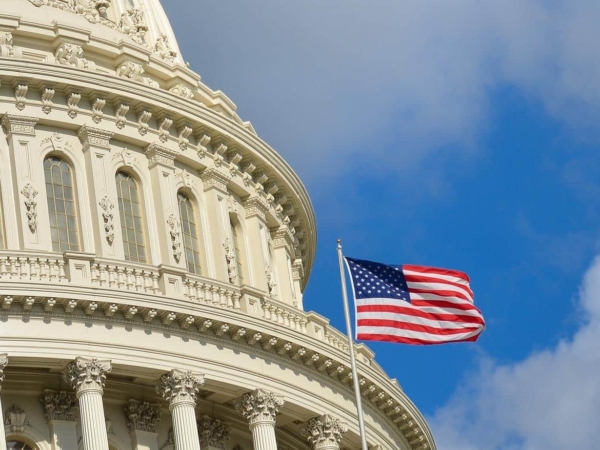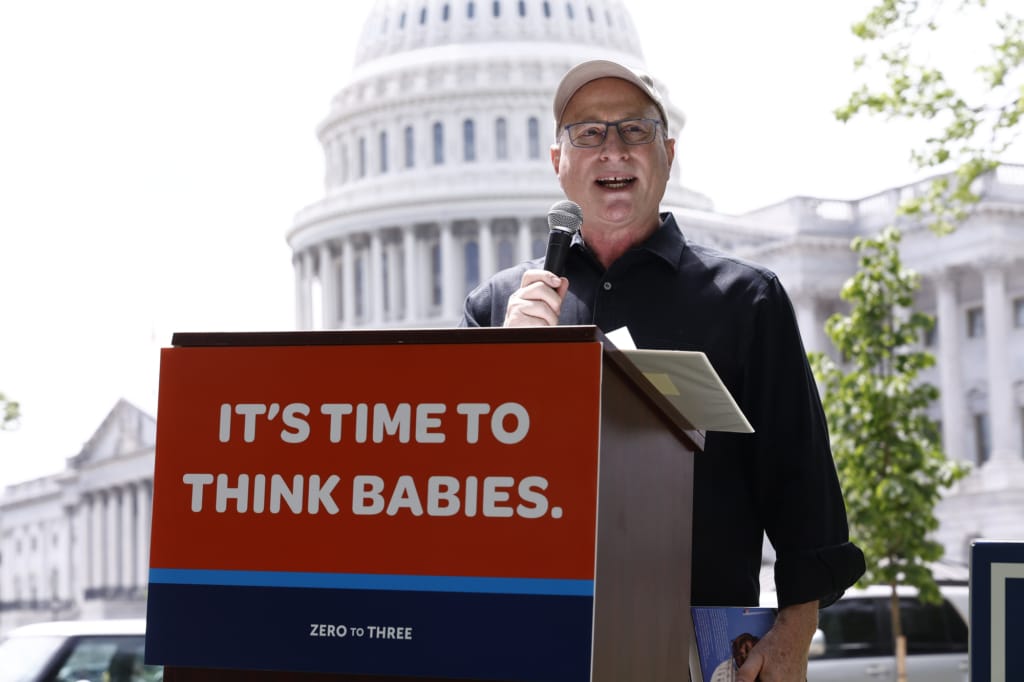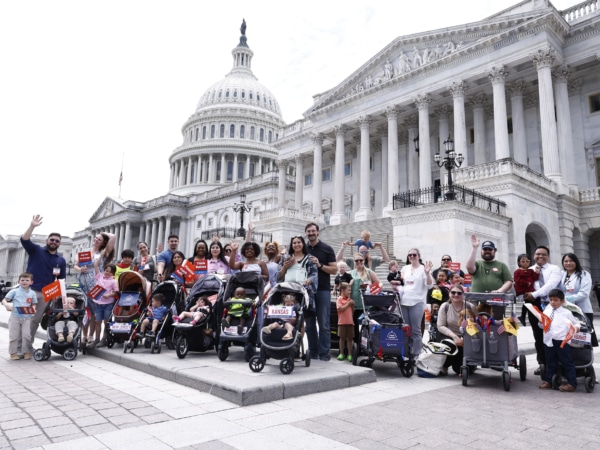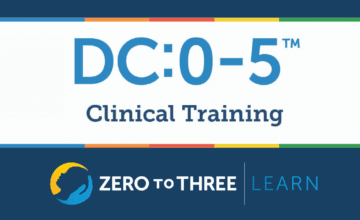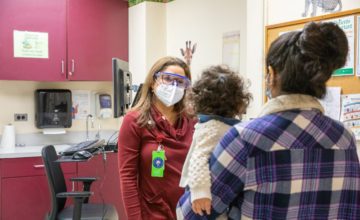Through programs like the Individuals with Disabilities Education Act (IDEA) and Title I of the Elementary and Secondary Education Act, over 2.5 million young children gain access to developmental services and early learning support every year. IDEA ensures that children with disabilities or those at risk receive early intervention services like speech or physical therapy that can change their developmental path and ease the burden on families.
Title I funding helps close opportunity gaps by bringing quality early education to communities with fewer resources. But these programs — and the families who depend on them — are at risk. Cuts to funding or administrative shifts could slow down services, deepen inequities, and push caregivers out of the workforce.
At the same time, the early childhood workforce providing this care is underpaid, overburdened, and often left out of public support programs like student loan forgiveness. Without action, the child care crisis will only grow, hurting not just families but our future.


